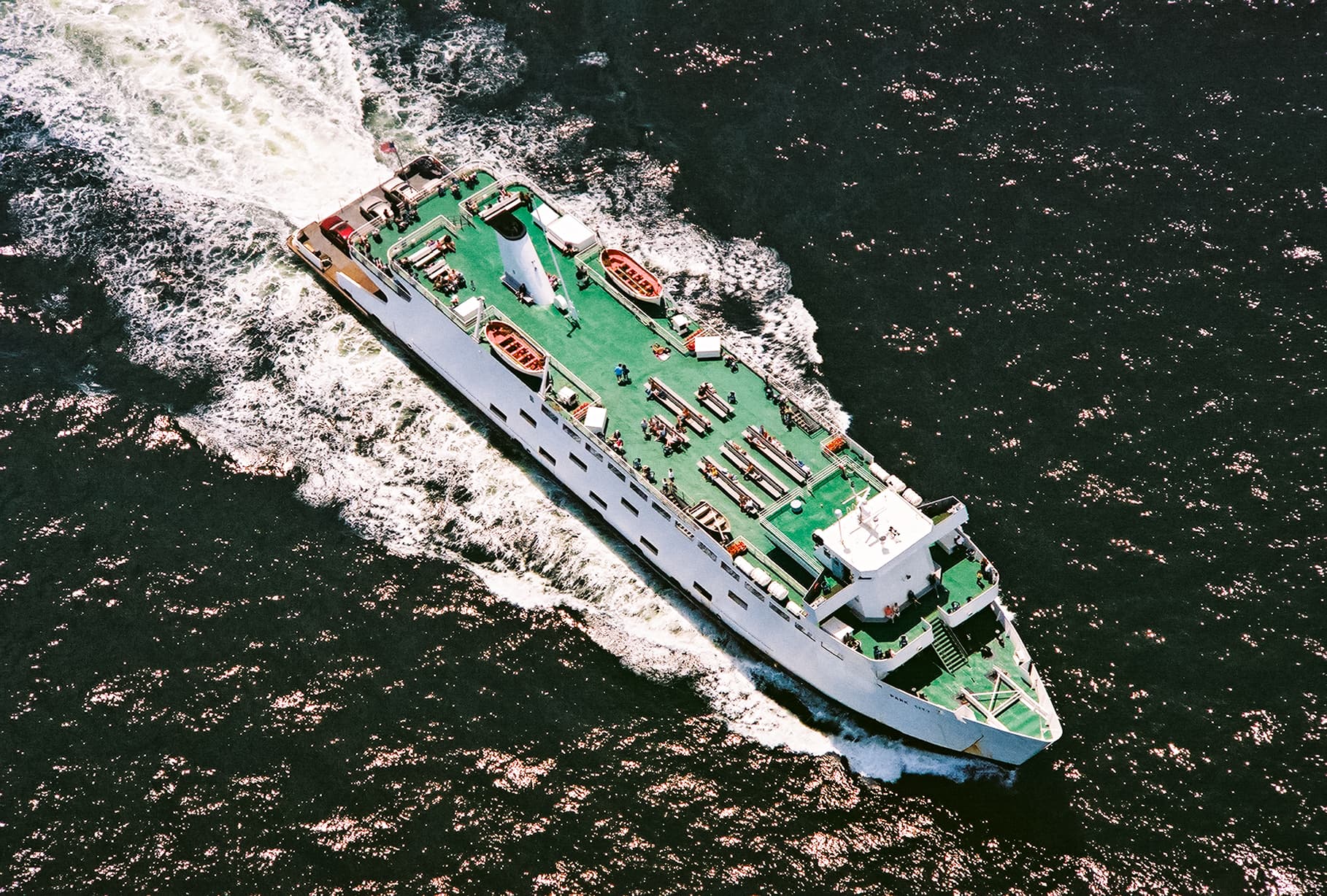
About Us

We have proudly served the community as the trusted maritime transportation provider since 1883. Our mission is to offer a safe, reliable, and enjoyable ferry experience for passengers breaking the Long Island Sound barrier.
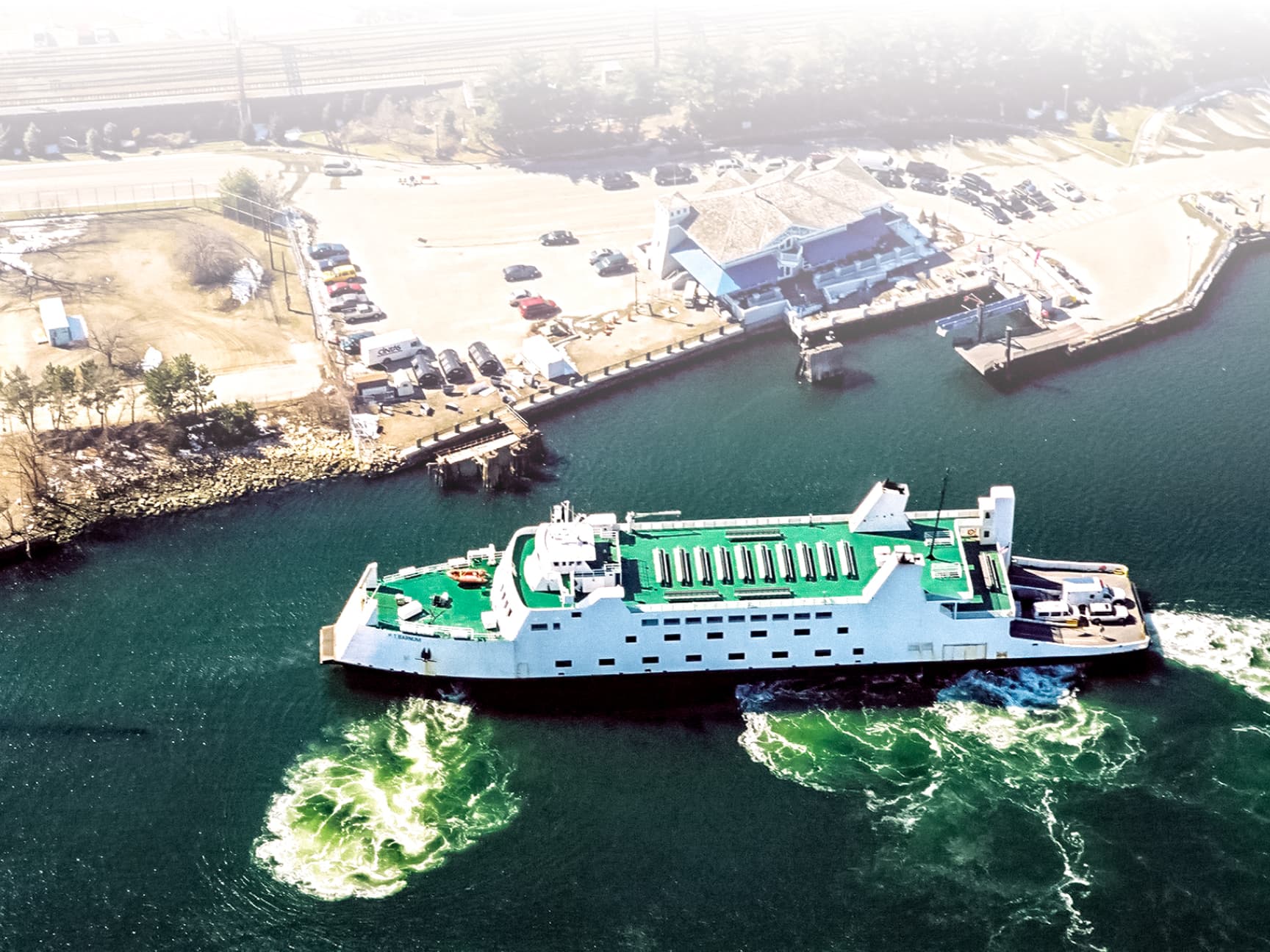

Reliable

Safe

Efficient
Our Fleet
A Voyage Through Time
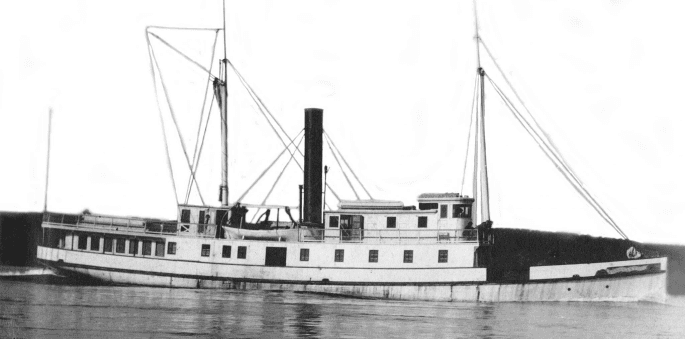
1884
Nonowantuc 1884-1902:
The pioneering Nonowantuc was the first ferry of the Bridgeport & Port Jefferson Steamboat Company. This 120-foot wooden vessel boasted stability with its two masts rigged with staysails. It accommodated 350 passengers and had a crew of six.
1884

Nonowantuc 1884-1902:
The pioneering Nonowantuc was the first ferry of the Bridgeport & Port Jefferson Steamboat Company. This 120-foot wooden vessel boasted stability with its two masts rigged with staysails. It accommodated 350 passengers and had a crew of six.
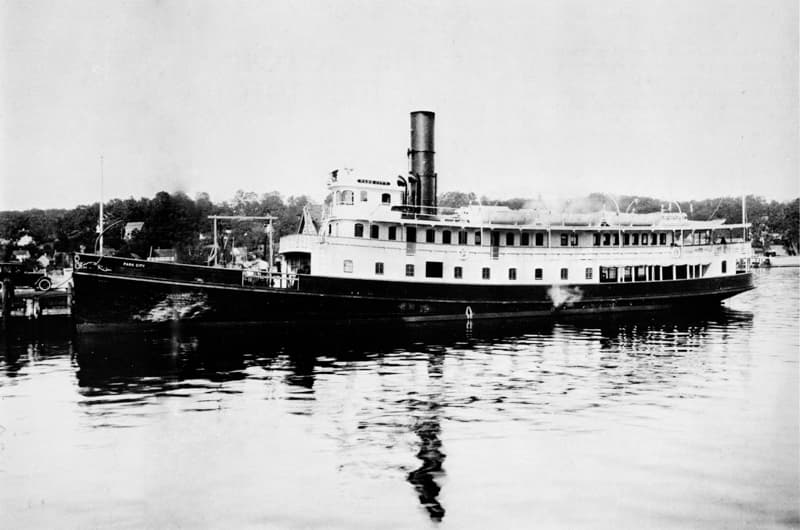
1898
Park City 1898-1949:
Crafted by esteemed shipbuilders Mather and Wood, the Park City was a 143.5-foot ferry that earned the affectionate moniker "The Lady of the Sound." With a capacity of 600 passengers, it became an iconic symbol of the company.
1898

Park City 1898-1949:
Crafted by esteemed shipbuilders Mather and Wood, the Park City was a 143.5-foot ferry that earned the affectionate moniker "The Lady of the Sound." With a capacity of 600 passengers, it became an iconic symbol of the company.
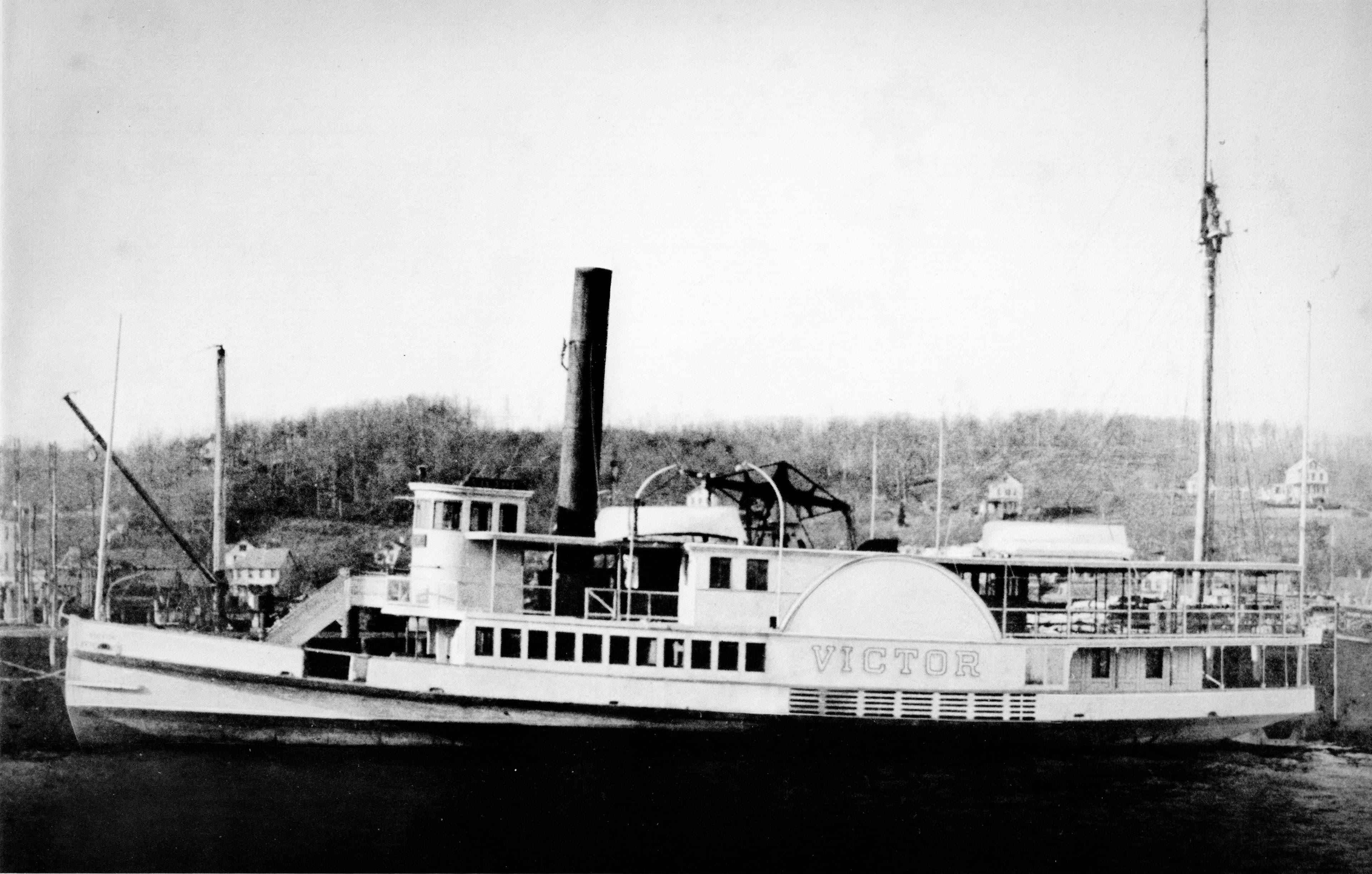
1905
Victor 1905-1910:
Standing out from the fleet, the Victor was a steam-powered side-wheel vessel that served the Bridgeport and Port Jefferson route from 1905 to 1910. Measuring 120 feet in length, it provided a unique transportation experience.
1905

Victor 1905-1910:
Standing out from the fleet, the Victor was a steam-powered side-wheel vessel that served the Bridgeport and Port Jefferson route from 1905 to 1910. Measuring 120 feet in length, it provided a unique transportation experience.
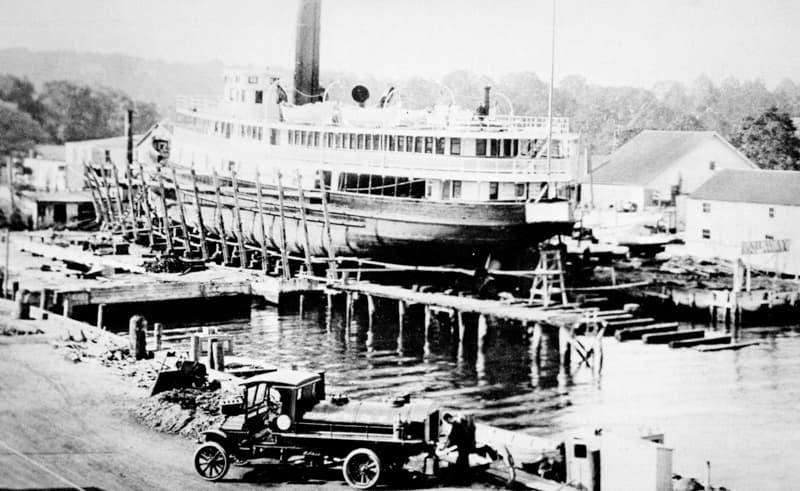
1924
Long Island 1924-1936:
In 1924, the company acquired the Long Island, a steamer that operated on the Bridgeport and Port Jefferson route until 1936. Before its service with the company, this vessel had been utilized by the City of New York for transporting individuals to and from a prison facility.
1924

Long Island 1924-1936:
In 1924, the company acquired the Long Island, a steamer that operated on the Bridgeport and Port Jefferson route until 1936. Before its service with the company, this vessel had been utilized by the City of New York for transporting individuals to and from a prison facility.
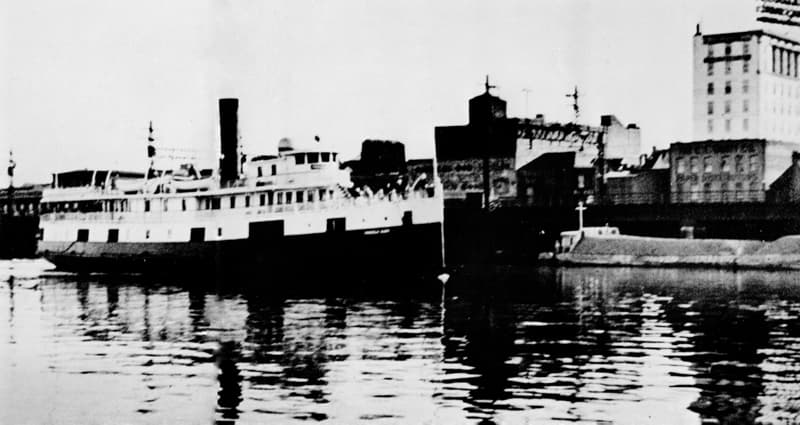
1936
Priscilla Alden 1936-1946:
The Priscilla Alden took over from the Long Island in 1936 and continued to serve the route alongside the original Park City until 1946.
1936

Priscilla Alden 1936-1946:
The Priscilla Alden took over from the Long Island in 1936 and continued to serve the route alongside the original Park City until 1946.

1946
Catskill 1946-1967
Constructed as a Hudson River freight boat, the Catskill was crucial in WWII Boston, transferring prisoners from ships to shore. From 1946 to 1967, it served the Bridgeport-Port Jefferson route. Notably, it was the last steamboat used by the company, marking a shift to steel-hulled ferries.
1946

Catskill 1946-1967
Constructed as a Hudson River freight boat, the Catskill was crucial in WWII Boston, transferring prisoners from ships to shore. From 1946 to 1967, it served the Bridgeport-Port Jefferson route. Notably, it was the last steamboat used by the company, marking a shift to steel-hulled ferries.
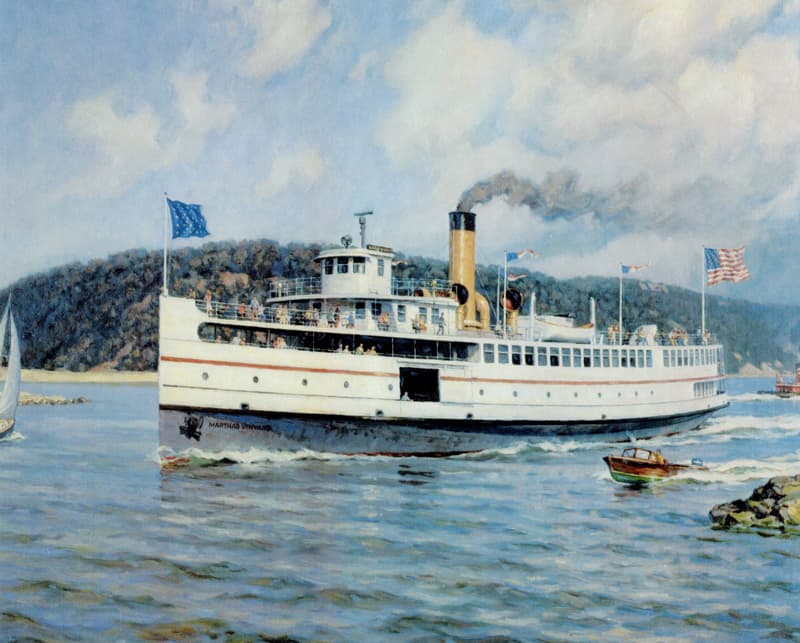
1968
Martha's Vinyard 1968-1985:
The 200 foot 'Martha' was built in 1923 for Massachusetts, and converted to diesel-electric for Long Island Sound service. Its 'new' engines formerly powered the USS Finback Sub, rescuing future President Bush in WWII, and now helped 'Martha' ferry 35 cars and 1,000 passengers across the sound.
1968

Martha's Vinyard 1968-1985:
The 200 foot 'Martha' was built in 1923 for Massachusetts, and converted to diesel-electric for Long Island Sound service. Its 'new' engines formerly powered the USS Finback Sub, rescuing future President Bush in WWII, and now helped 'Martha' ferry 35 cars and 1,000 passengers across the sound.
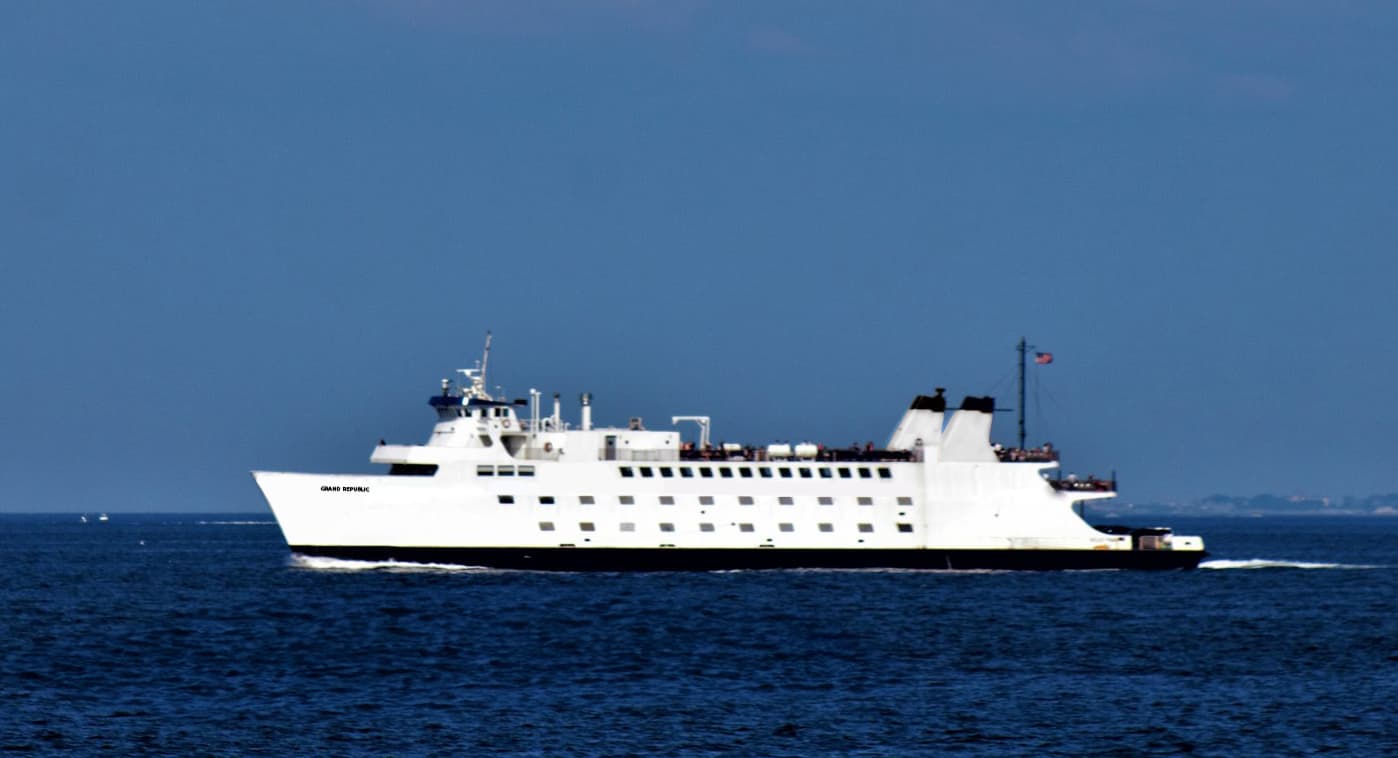
1983
Grand Republic 1983-2003:
The Grand Republic ushered in the modern era for the Bridgeport to Port Jefferson route. At 280 feet, it comfortably carried 90+ vehicles and 1,000 passengers. It both outpaced the Martha's Vineyard by 15 minutes, and enabled a year-round sailing schedule. The vessel changed ownership in 2003.
1983

Grand Republic 1983-2003:
The Grand Republic ushered in the modern era for the Bridgeport to Port Jefferson route. At 280 feet, it comfortably carried 90+ vehicles and 1,000 passengers. It both outpaced the Martha's Vineyard by 15 minutes, and enabled a year-round sailing schedule. The vessel changed ownership in 2003.
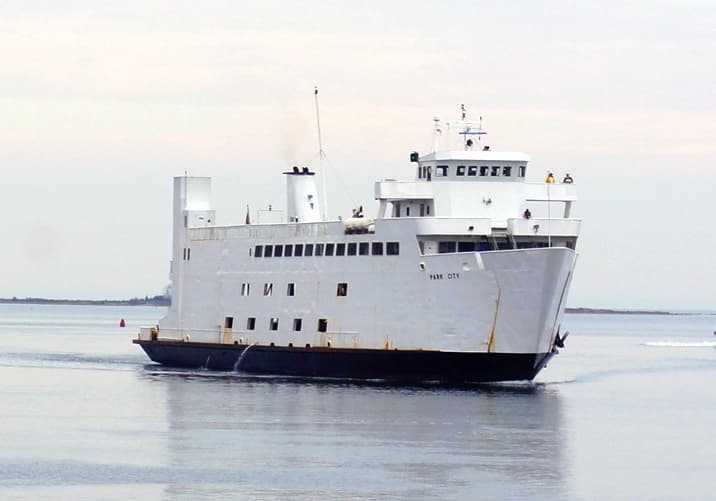
1986
Park City 1986-Present (Our "Green" Ferry)
In the summer of 1986, the Park City, the second ferry to adopt Bridgeport's nickname, commenced service across Long Island Sound. With a length of 280 feet and a 47-foot beam, it boasts exceptional sea-keeping qualities, accommodating up to 95 vehicles and 1,000 passengers.
1986

Park City 1986-Present (Our "Green" Ferry)
In the summer of 1986, the Park City, the second ferry to adopt Bridgeport's nickname, commenced service across Long Island Sound. With a length of 280 feet and a 47-foot beam, it boasts exceptional sea-keeping qualities, accommodating up to 95 vehicles and 1,000 passengers.
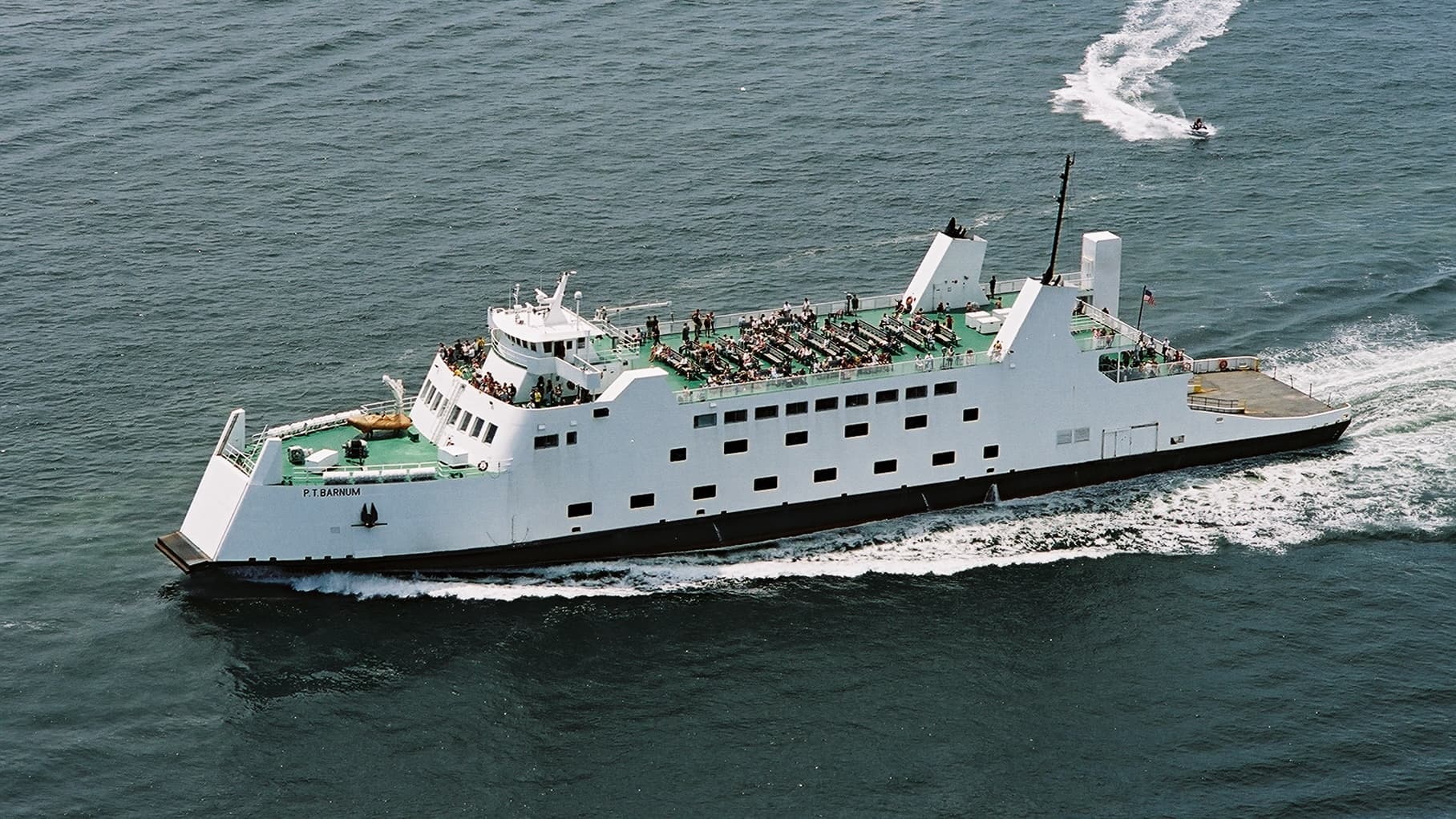
1999
PT Barnum 1999-Present:
Named after P.T. Barnum, the Bridgeport & Port Jefferson Steamboat Co.'s inaugural president, this vessel began sailing in 1999 and remains in service to this day. This 300 ft vessel expanded the fleet to three, allowing hourly service and the transport of 120 vehicles and 1,000 passengers.
1999

PT Barnum 1999-Present:
Named after P.T. Barnum, the Bridgeport & Port Jefferson Steamboat Co.'s inaugural president, this vessel began sailing in 1999 and remains in service to this day. This 300 ft vessel expanded the fleet to three, allowing hourly service and the transport of 120 vehicles and 1,000 passengers.
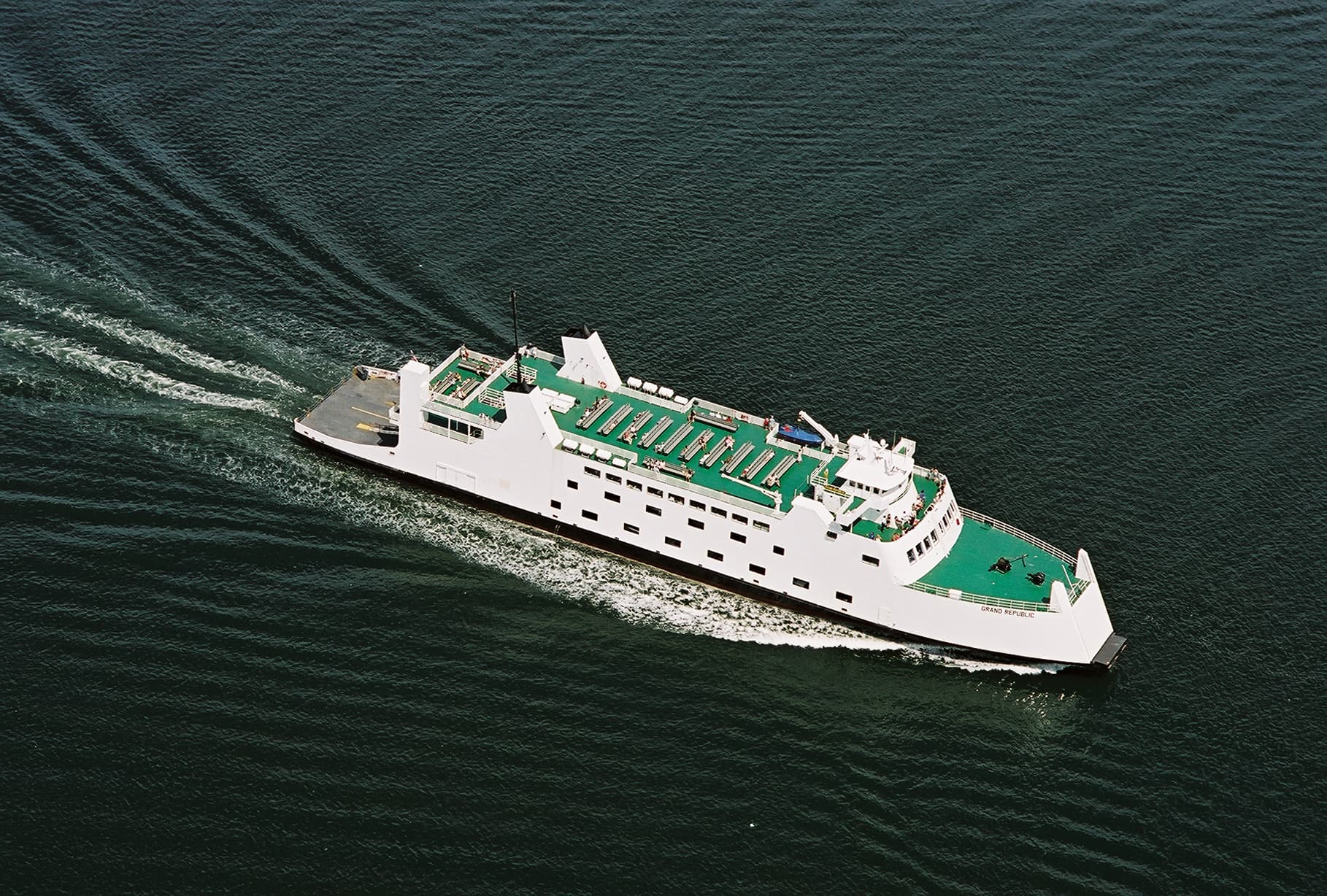
2003
Grand Republic 2003-Present:
Built in 2003, this ferry is the second to be named Grand Republic. Constructed at Eastern Shipbuilding in Florida, she is 300 feet in length and has a beam of 52 feet. With a capacity of up to 120 cars and 1,000 passengers, this ferry can cross the 15 mile route at speeds up to 20 knots.
2003

Grand Republic 2003-Present:
Built in 2003, this ferry is the second to be named Grand Republic. Constructed at Eastern Shipbuilding in Florida, she is 300 feet in length and has a beam of 52 feet. With a capacity of up to 120 cars and 1,000 passengers, this ferry can cross the 15 mile route at speeds up to 20 knots.
Careers
Work With Us!
We’re always hiring for a variety of roles, whether you want to sail the seas or remain on land!
See all Positions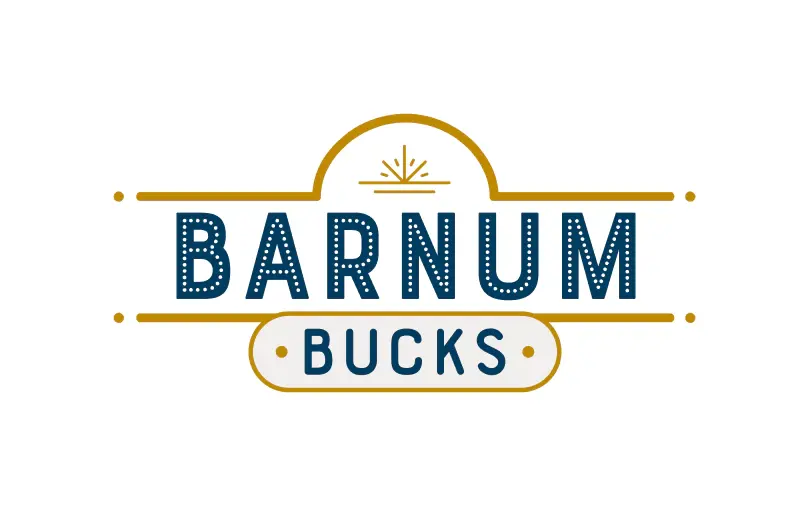
Frequent Traveler?
Sign up for Barnum Bucks and save up to 10%! Unlock exclusive savings and enjoy discounted fares, and get special offers on your journeys.
Learn More


